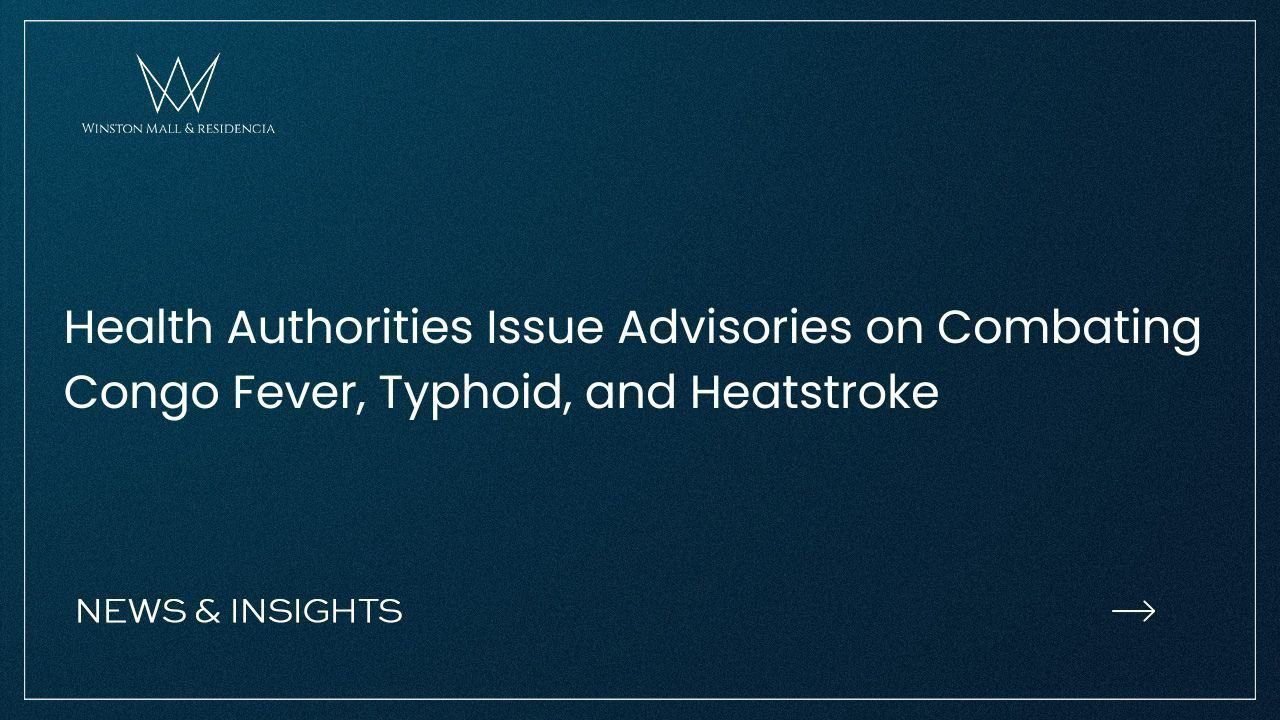ISLAMABAD (News Desk) – With the nation grappling with rising cases of Crimean-Congo Hemorrhagic Fever (CCHF), typhoid, and heat-related illnesses, the National Institute of Health (NIH) has issued a comprehensive set of advisories to raise awareness and prevent the spread of these diseases.
In the wake of a recent CCHF case reported in Khyber Pakhtunkhwa, the NIH’s Centers for Disease Control (CDC) has urged citizens to exercise caution and follow preventive measures, particularly as the nation approaches the Eid-ul-Azha festival, which typically involves increased human-animal interaction.
CCHF, a tick-borne viral disease, is primarily transmitted to humans through tick bites or contact with infected animal blood or tissues during slaughter. Last year, Pakistan recorded 101 CCHF cases, highlighting the urgency of raising public awareness.
Read More:- Tax Authority Cracks Down on Non-Filers, Thousands of SIM Cards Deactivated
In addition to CCHF, the NIH has also issued guidelines to combat the rising threat of heatstroke and sunstroke, exacerbated by the severe heat waves and climate changes plaguing the country. The advisories emphasize the importance of avoiding direct sunlight, staying hydrated, wearing appropriate clothing, and consuming salty meals to mitigate the risk of heat-related illnesses.
Furthermore, the health authorities have stressed the need for typhoid prevention measures, as Pakistan continues to grapple with one of the highest rates of typhoid fever globally. Poor access to safe drinking water, inadequate hygiene practices, and low immunization coverage are cited as major contributing factors to the disease’s high burden in the country.
Experts lauded the NIH’s proactive approach, stating that such coordinated efforts are crucial in mitigating the spread of infectious diseases and raising public awareness about preventive measures, ultimately safeguarding the nation’s health and well-being.
Winston Mall: please contact +92-314-5166334 or visit https://winstonmall.com/




